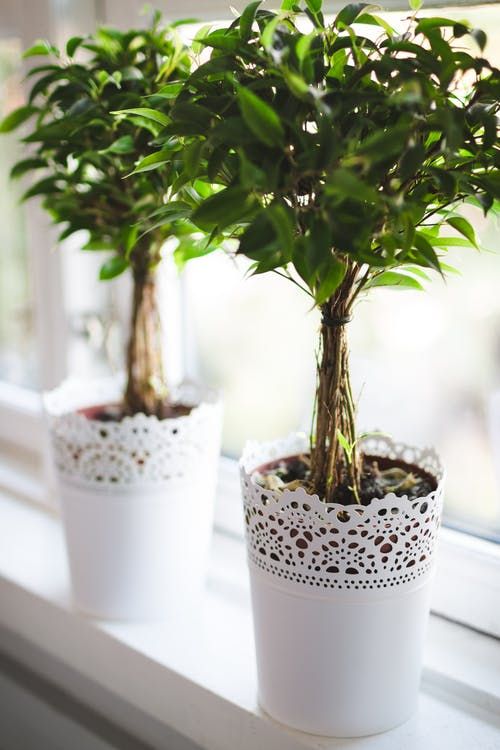What compost is best for house plants?

At this time of year there’s lots of focus on gardens & outdoors gardening, yet for many people space or time restrictions simply don’t allow large scale gardening projects. With a third of properties on the market now listed as being without a garden- and with up to almost 50% of gardens paved over in some areas, a larger proportion of us than ever have no immediate access to cultivatable ground. That could explain why more and more people are choosing to keep house plants.
With a wide variety available from most supermarkets, as well as florists and garden centres, house plants offer a hugely versatile plant for new gardeners, those with less time or no outdoor space for borders. Lower-maintenance and inexpensive, these attractive plants can often make great introductions to plant care for younger gardeners. Potted into containers, where the quality of the soil can be controlled by the gardener, you’re avoiding any problems with acidity, clay content, or other problems that can come with gardening outdoors- not to mention the weather. Of course, your indoor plants are not without needs- natural sunlight and a consistent supply of water are vital for plants that stay inside. Of course, if you have space, you can always place your potted plants outside during summer, although this depends on having the room available. For most of the year, though, your indoor plants need to be thoughtfully positioned to ensure they get plenty of light while not being positioned close to radiators, heaters or high traffic areas that might lead to the plant getting knocked or damaged by people or pets.
Another crucial factor in maintaining even the easiest houseplants is drainage and moisture management. As your plant is enclosed in a non-porous pot it’s easy to over or under-water, and the conditions inside the enclosed container may deteriorate as the soil struggles either to drain the stagnant water or dries and becomes infertile and dusty. The container can make it extremely hard to determine the levels of water needed. This is where your choice of compost comes in- as the right soil improvers can make a tremendous difference to the moisture levels and general health of your plant. Allowing water to drain is vital to preventing the decline of your plant health- ensure you repot your plant as soon as it begins to outgrow its current container- and keep it raised on a porous surface to permit plenty of space for excess water to escape. When you do decide to repot your plant in a larger container, ensure you select the right compost to provide additional support and fertility to the plant in its new home. A tried and tested, purpose-mixed potting compost such as the John Innes No.2 formula is a great way to ensure your house plants get the best possible drainage and right balance of nutrients to thrive all year round. John Innes No.2 is a long-standing favourite for gardeners looking for the right balance of food for their plants and chalk to enhance water regulation- and develop healthy, vibrant and attractive plant sot enhance any home or work space.